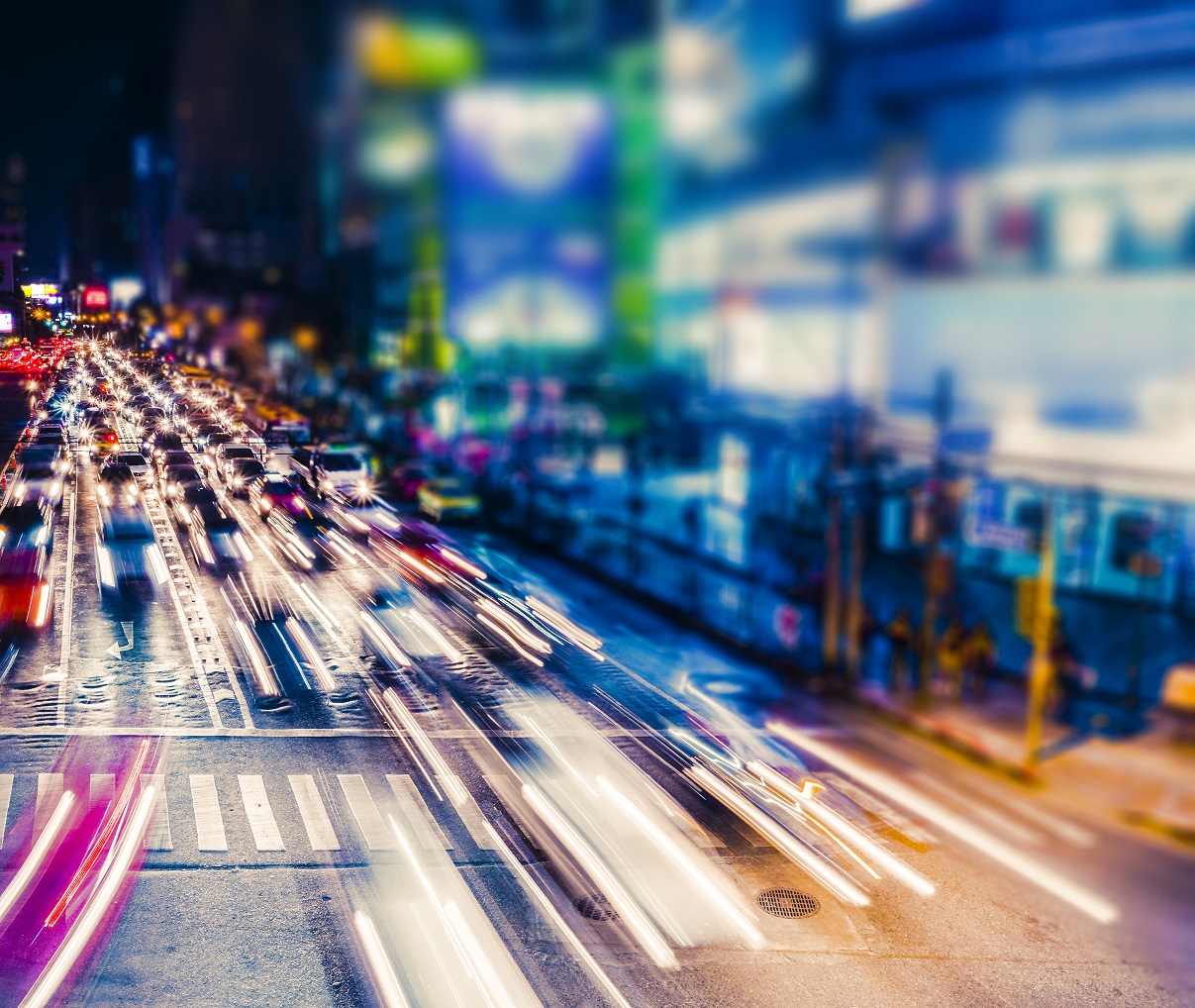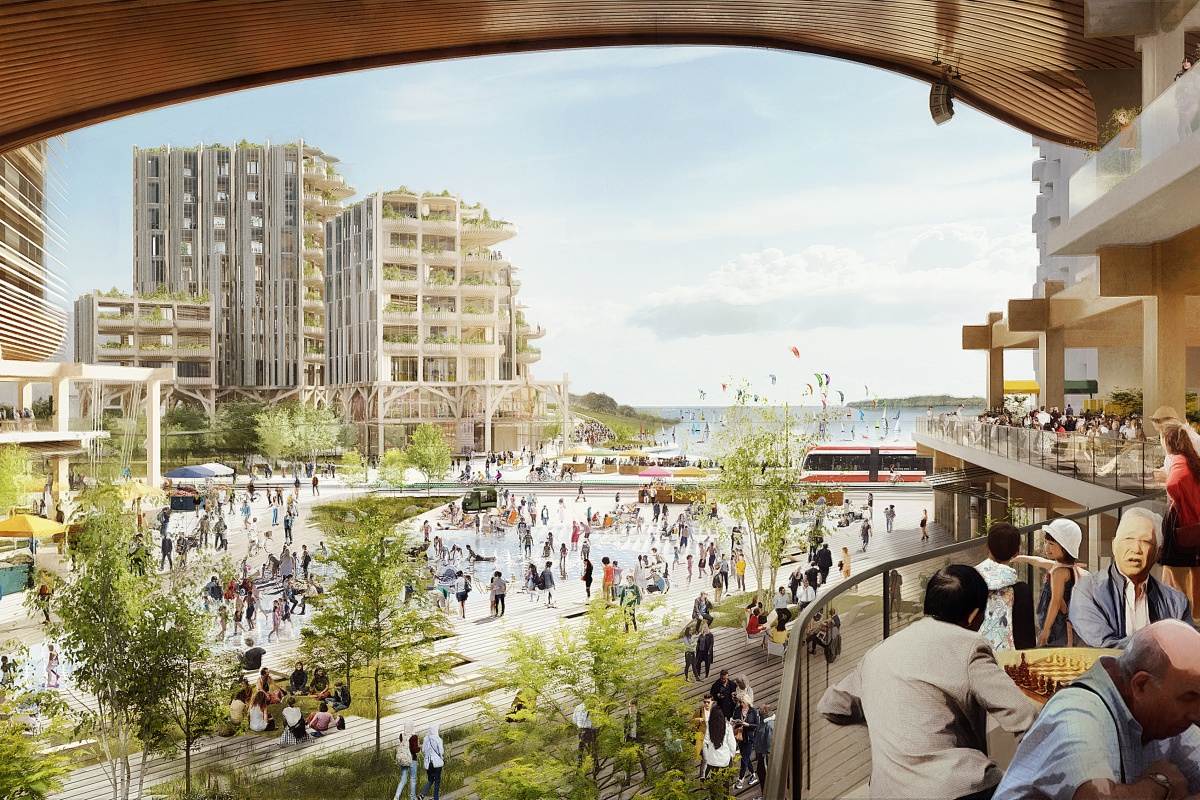
Photo: SCC-Transport
Why cities need to change their thinking on traffic
28 March 2018
What are you doing about your city’s mobility problem? As traffic congestion rapidly gets worse, smart cities need to change how they think, before they change how they move.
An urgent need to act
There is a stark reality that traffic congestion is waste. In dollar terms, the cost to the US economy is more than US$120 billion each year. And it is on pace to reach US$2.8 trillion in 12 short years. Why? The population continues to grow and, as part of a well-established global trend, a larger percentage of those people are living in cities.
‘Smart cities’ think differently
Cities realise they can’t wait until some future solution becomes available–autonomous vehicles, fast rail and hyperloop all sound appealing–but they don’t do anything for a city today.
At the Smart Cities Council, the sector’s leading coalition of smart city practitioners, we advocate using systems thinking, agile methodologies and data to move from pilots, living labs and more discussion to action.
We are seeing signs of hope. Consider Orlando, Florida, one of the inaugural (2017) winners of our Smart Cities Council Readiness Challenge.
By traditional measures, Orlando is an absolute success story. Some 130,000 people have moved in over the past two years, lured by an explosive job market. The city is known for its theme parks, but it employs many more in high-tech fields like life sciences, which alone has more than 100,000 employees. Along with a growing population, on a typical day, Orlando hosts 1 million extra people who aren’t residents of the city–thus making it the 9th largest city in the country.
Orlando’s leaders understand that success is fragile. While it’s incredibly attractive to businesses and highly skilled, highly paid workers today, that success could become a deterrent if it leads to overcrowding and increased congestion–thus degrading liveability and productivity.
In 2017, the Council provided Orlando with a Readiness Workshop to explore principles and technologies that would lead to action. Orlando needed to get more from its planned US$15 billion infrastructure investment for rebuilding the Interstate 4 motorway, which cuts through downtown, and expanding its airport and seaport. It wants to be smart about those projects so that it can get the most from its investments. “As a government we don’t have unlimited funding,” said Rosa Akhtarkhavari, the city’s Chief Information Officer. “We don’t have unlimited people to sit and watch everything. How do we build agile processes that we can use to sustain and drive value?”
Orlando is moving beyond traditional transportation approaches (more and wider roads) to mobility options such as better use of data and as a result, predictive analytics to mitigate traffic congestion for all commuters–from drivers to pedestrians. To create sustainable funding beyond capital investments, the city recently increased its building permit impact fees to provide more funds for multi-modal transportation planning. The Readiness Workshop was in 2017 and Orlando still has a ways to go; but its evolved thinking about its problem as mobility choices as opposed to traffic infrastructure is a vital first step.
Change your mindset–from transportation to mobility
So what can your city do? The most important factor is how a city’s leadership thinks. If city leadership sees people moving about the city as a transportation challenge that revolves around roads, it won’t get far. Building more and wider roads will just compound existing problems. Instead, a city needs to look at moving people from the perspective of increasing choices. From shared access to public transport to vehicle and non-vehicle options to not-moving (remote working) a city needs to understand that increasing the mobility choices will not only mitigate traffic congestion, but also make the city more livable. A more liveable city will be a more productive city.











